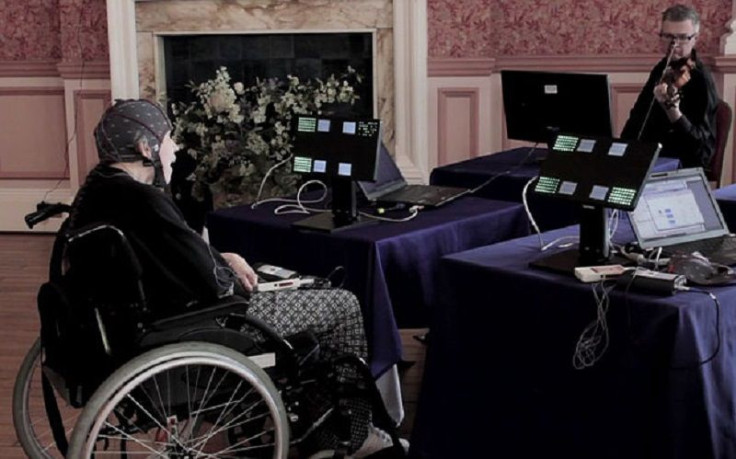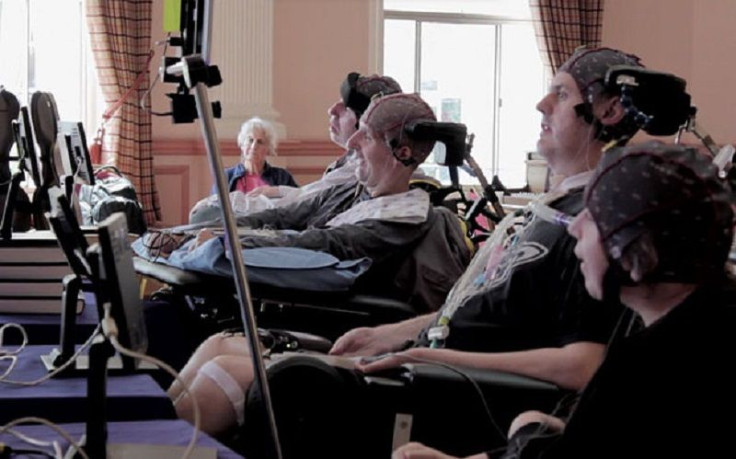Mind-reading software allows brain-damaged Welsh violinist to compose music 27 years after car crash

A former member of the Welsh National Opera Orchestra is making music again 27 years after a car accident damaged her brain in 1988. That was made possible by a mind-reading software wired to the brain of Rosemary Johnson, a violinist.
Like us on Facebook
The Brain Computer Music Interfacing software is a 10-year project by the Plymouth University and the Royal Hospital for Neuro-disability in London. The software works by Rosemary focusing on various coloured lights on a computer screen. She then picks notes and phrases to be played as well as revise a composition when performed by live musicians, reports The Telegraph.
To change the volume and speed of the composition, Rosemary would intensify her mental focus. Through the software, Rosemary, now 50, was able to create music again after almost three decades.
After the accident, Rosemary was in coma for seven months. The head injury caused her to lose the ability to move and talk, although she kept her connection with music through her mother, Mary, who picked out a few chords on the piano for her.
Professor Eduardo Miranda, composer and director of Plymouth’s Interdisciplinary Centre for Computer Music Research (ICCMR), describes the experience of seeing Rosemary compose “very moving.” He adds that they were in tears seeing the ex-violinist try composing music for the first time in 27 years because “We could feel the joy coming from her at being able to make music. It was perfect because she can read music very well and make a very informed choice.”
Miranda says the project’s great achievement is it makes it possible for people to perform music without moving by just controlling another musician to play it. He points out that while it is not yet possible to read thoughts, using the software trains people to use brain signals to control things.

Besides Rosemary, the project has three other disabled patient living in the Royal Hospital trained to use the software. Together with four able-bodied musicians from the Bergesen String Quartet, they make up The Paramusical Ensemble. Their first recording, titled “Activating Memory,” would be heard for the first time in late February at the Peninsula Arts Contemporary Music Festival in Plymouth.
The Peninsula Arts Contemporary Music Festival is being promoted in partnership with the ICCMR and under Miranda’s direction. The festival launches on Feb 26 at 6 pm at The House, but the programme would be held at the Immersive Vision Theatre at 7:30 pm, reports Plymouth Herald.






